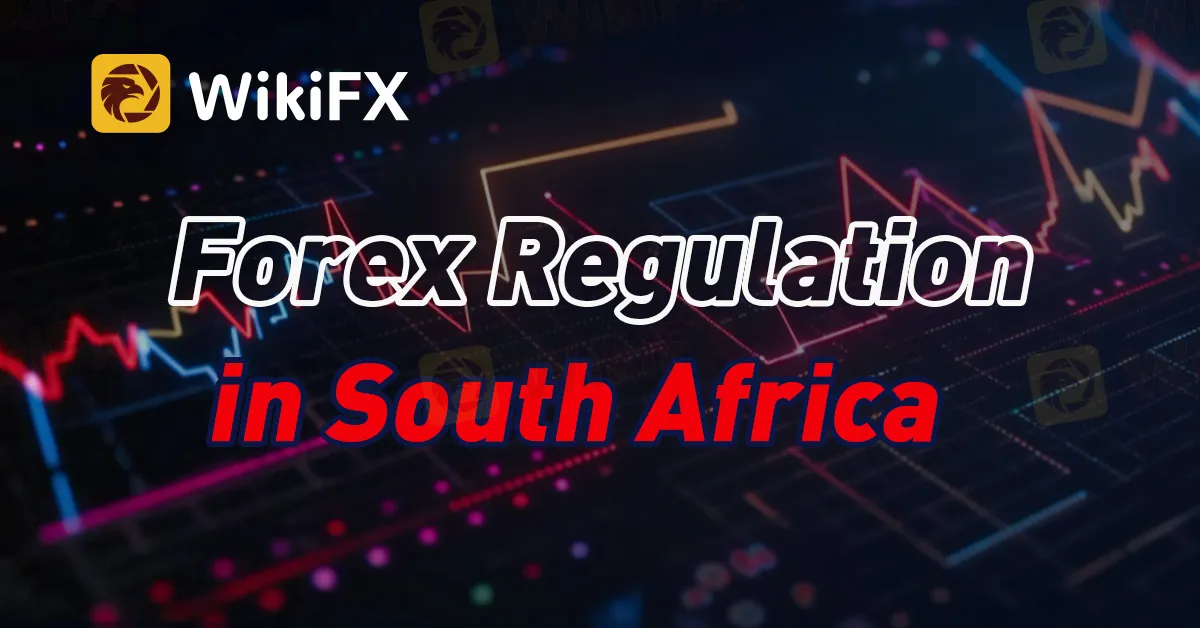简体中文
繁體中文
English
Pусский
日本語
ภาษาไทย
Tiếng Việt
Bahasa Indonesia
Español
हिन्दी
Filippiiniläinen
Français
Deutsch
Português
Türkçe
한국어
العربية
Forex Regulation in South Africa.
Abstract:South Africa is a country with a rich history and culture, but it also faces numerous economic challenges, including the regulation of its foreign exchange (forex) market. The forex market is a vital component of any country's economy, and its regulation can have a significant impact on the country's economic stability and growth. In this article, we will discuss how the South African government can improve its forex regulation and promote a healthy and sustainable forex market.

South Africa is a country with a rich history and culture, but it also faces numerous economic challenges, including the regulation of its foreign exchange (forex) market. The forex market is a vital component of any country's economy, and its regulation can have a significant impact on the country's economic stability and growth. In this article, we will discuss how the South African government can improve its forex regulation and promote a healthy and sustainable forex market.
Firstly, the South African government can improve forex regulation by increasing transparency and accountability in the market. This can be achieved by ensuring that all forex brokers operating in the country are registered with the appropriate regulatory bodies and are required to adhere to strict rules and regulations. In addition, the government can require brokers to disclose their trading practices and provide detailed information on their trading performance.
Another way the South African government can improve forex regulation is by implementing stricter capital requirements for brokers. This would help to ensure that brokers have the necessary financial resources to cover their trading positions and reduce the risk of broker insolvency, which can have a significant impact on the stability of the forex market.
Furthermore, the South African government can promote the development of a robust and independent regulatory framework by encouraging the participation of reputable and experienced international regulatory bodies. This would help to ensure that the country's forex market is regulated in accordance with international best practices and standards.

In addition to regulatory measures, the South African government can also promote education and awareness among traders and investors. This can be achieved by providing access to educational resources and training programs that can help traders and investors better understand the risks and opportunities of forex trading.
One company that can help traders and investors in South Africa navigate the complex forex market is WikiFX. WikiFX is a global forex broker inquiry platform that provides comprehensive information and analysis on forex brokers and their trading practices. The platform offers a range of services, including broker regulation information, trading platform analysis, and risk assessment tools, to help traders make informed decisions and reduce their trading risks.
In conclusion, the South African government can improve forex regulation in the country by increasing transparency and accountability, implementing stricter capital requirements for brokers, and promoting the development of a robust and independent regulatory framework. By working towards these goals, the government can help to promote a healthy and sustainable forex market that benefits traders, investors, and the economy as a whole. And for those looking to learn more about forex trading and brokers in South Africa, WikiFX is a valuable resource that can help you navigate the market with confidence.

Disclaimer:
The views in this article only represent the author's personal views, and do not constitute investment advice on this platform. This platform does not guarantee the accuracy, completeness and timeliness of the information in the article, and will not be liable for any loss caused by the use of or reliance on the information in the article.
Read more

Alleged Concerns with TradeEU.global's Trading Practices
An individual trader has come forward with allegations of an unfavourable experience while using the services of the broker TradeEU.global.

Lured by False Promises: Malaysian Driver Lost RM218K to an Investment Scam
A 49-year-old e-hailing driver in Malaysia fell victim to a fraudulent investment scheme, losing RM218,000 in a matter of weeks. The scheme, which falsely promised returns of 3 to 5 per cent within just three days, left the individual financially devastated.

Italian Regulator Warns Against 5 Websites
The Italian regulator, CONSOB has issued a warning against five websites offering unauthorized financial services. This regulatory action aims to protect the public from fraudulent activities.

Trader Exposes Unethical Practices by STP Trading
A recent allegation against STP Trading has cast doubt on the firm's business practices, highlighting the potential risks faced by retail traders in an increasingly crowded and competitive market.
WikiFX Broker
Latest News
Saxo & Portuguese Bank Partnership
SEC Fines Broker-Dealers $275K for Incomplete SAR Filings
What Makes Cross-Border Payments Easier Than Ever?
Trader Exposes Unethical Practices by STP Trading
Lured by False Promises: Malaysian Driver Lost RM218K to an Investment Scam
FTX Sets March 2025 Timeline for Creditor Payouts: What It Means for Investors
What is an Economic Calendar? How it works
Italian Regulator Warns Against 5 Websites
Mastercard's 2030 Vision: Biometric-Driven, Tokenized Payments
SFC Freezes $91M in Client Accounts Amid Fraud Probe
Currency Calculator


